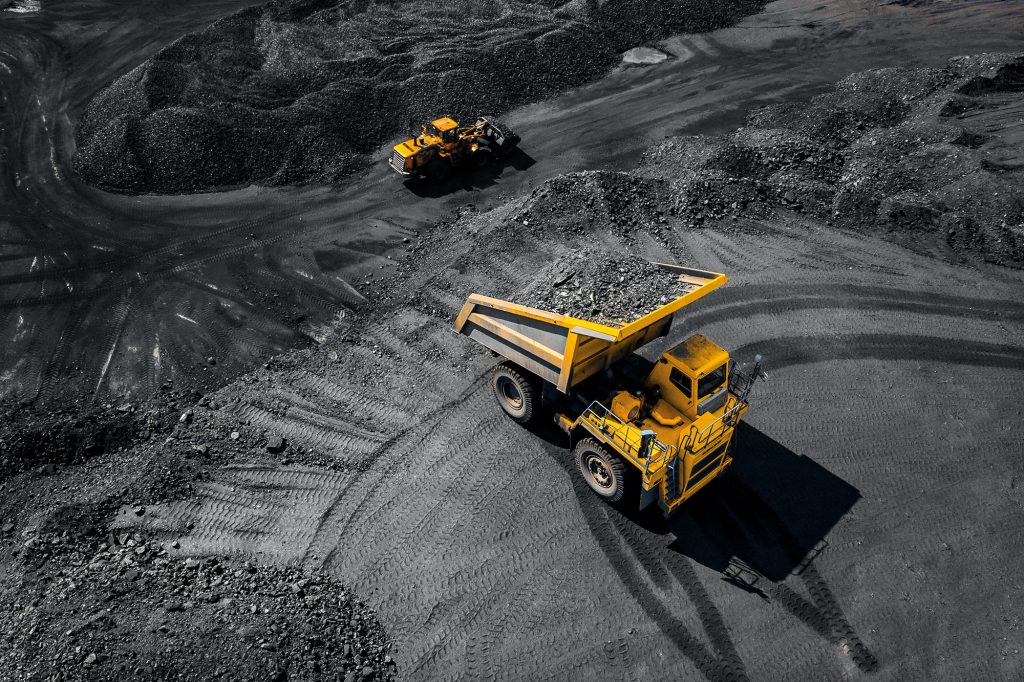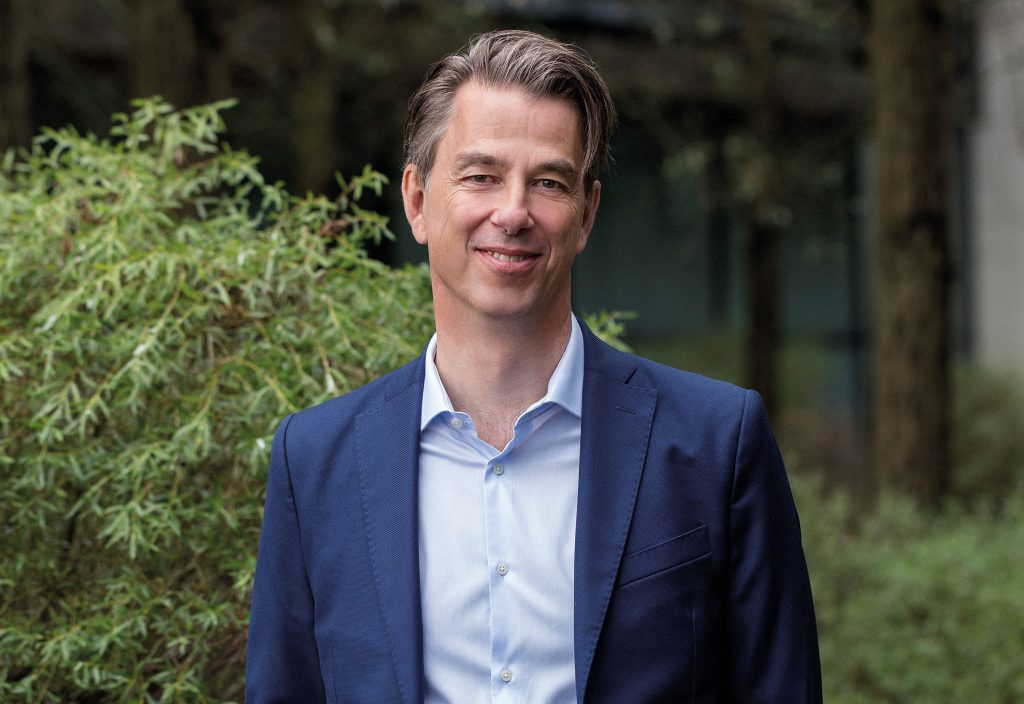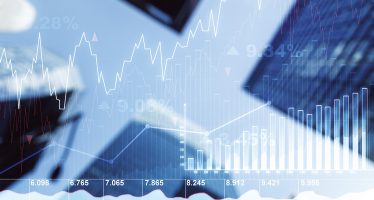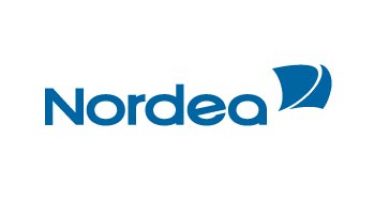Eric Pedersen on The Power of Active Ownership: Battling the Vung Ang 2 Threat
What should a responsible investor do when they see a company carrying out harmful activities? Eric Pedersen, Head of Nordea Asset Management’s Responsible Investments Team explains the company’s philosophy.

Nordea Asset Management regularly ponders the “What should we do?” question.
One option is to exclude offending companies from our portfolios, but this is not our first choice. Exclusion may align a portfolio more closely with ESG criteria, but it rarely leads to meaningful real-world change.
We exclude only companies whose operations are truly incompatible with our mission to deliver returns and responsibility, or those that are not open to engagement. We prefer to use “active ownership” to encourage companies to improve their corporate behaviour, although individual funds may have tighter exclusion rules.
Active Ownership includes voting — making sure we use our rights as shareholders to voice our opinion about the way the company is managed — and engagement. This means interacting with the companies to share our expectations, and giving them support to enhance their sustainability performance.
We believe that improved management of sustainability risks and opportunities is vital to creating returns and responsibility, and that engagement can increase the likelihood of long-term success — benefitting companies, investors and society. Many of our engagements cover all our funds and take a range of forms, including company meetings and calls with management, letters to management, and visits to headquarters or production facilities.
NAM’s engagement activities are led by our 20-strong Responsible Investments team. The team carries out many engagements solo, but also collaborates with other investors as the weight of greater shareholder pressure can be more effective. We gathered a group of investors to work with us when we became aware of the damage that might result from the proposed development of the Vung Ang 2 power station in central Vietnam.

Head Responsible Investments Team: Eric Pedersen
Vung Ang 2 is a planned coal-fired power station that will be sited next to the controversial Vung Ang 1 plant. Vung Ang 1 has already caused major environmental pollution and has faced controversies due to the proximity of its coal ash heap to residential areas and farmland, as well as its CO2 emissions.
Global emissions standards have been tightened since the power plant was approved in 2009, and we believe Vung Ang 2 will not meet them. Independent analysis conducted by Environmental Law Alliance Worldwide (ELAW) found that key aspects of the project’s 2018 Environmental Impact Assessment (EIA) did not meet internationally accepted standards for evaluating the potential environmental impact.
Key findings of the ELAW analysis concerned the use of weaker emission standards by the EIA than those applied internationally, as well as the conclusion that the EIA — in violation of international standards — failed to consider alternatives to coal power in its assessment.
The Paris Agreement and the UN Sustainable Development Goals (SDGs) have set clear targets for addressing climate challenge and set out guidelines for responsible companies. We believe the Vung Ang 2 project is incompatible with these targets.
As a responsible investor, we expect companies to take action to meet these targets such as setting a net-zero emissions business strategy. Research such as that carried out by Climate Analytics concludes that coal power must be globally phased out by 2040 to meet the Paris objective of limiting global warming to 1.5°C.
Historically, coal plants have been retired after a lifecycle of about 46 years. Any new coal-fired power plant, including Vung Ang 2, is inconsistent with the goals and timelines of the Paris Agreement.
All these factors resulted in our decision to engage with the companies that tied to the project, urging them to withdraw and commit to exit the coal industry. We extended an invitation to our clients as well as other investor peers to join us in this. We knew that by working collectively, we could leverage the knowledge from other investors and have a greater impact by involving a larger percentage of the companies’ shareholders.
We have gathered a group that now consists of 25 investors representing €4.8tn in AUM, increasing the pressure on the companies to meet our expectations.
Media interest in this engagement has been extensive and has contributed to an increased public opinion against the construction on a company level. Thus far, the work carried out by the collaborative group has contributed to Kepco, Samsung C&T, Mitsubishi Corporation and SMFG all announcing an end to coal projects.
Challenges remain, especially in terms of geopolitical forces. China and Japan are involved through state-owned companies. But Japan, China and South Korea — where participating companies are based — have all made net zero commitments within the past year; this may spur change.
At the same time, banks remain supportive, even though the financial argument for the power station appears weak. The fall in costs of renewable energy since the power station was initially approved now makes alternative energy more financially viable than a new coal-fired station.
Following our high-profile engagement with the Vung Ang 2 power station, there is a momentum in terms of companies withdrawing from this specific project and committing to an exit from coal.
This is a clear example of the potential of active ownership — but our engagement is not over. We will continue to urge the companies involved to withdraw from the construction project and to make commitments to end involvement in new coal projects in line with the recommendation of the United Nations Secretary General.
Eric Pedersen, Head of Nordea Asset Management’s Responsible Investments Team
Nordea Asset Management is the functional name of the asset management business conducted by the legal entities Nordea Investment Funds S.A. and Nordea Investment Management AB (“the Legal Entities”) and their branches and subsidiaries. This document is advertising material and is intended to provide the reader with information on Nordea’s specific capabilities. This document (or any views or opinions expressed in this document) does not amount to an investment advice nor does it constitute a recommendation to invest in any financial product, investment structure or instrument, to enter into or unwind any transaction or to participate in any particular trading strategy. This document is not an offer to buy or sell, or a solicitation of an offer to buy or sell any security or instruments or to participate to any such trading strategy. Any such offering may be made only by an Offering Memorandum, or any similar contractual arrangement. This document may not be reproduced or circulated without prior permission. © The Legal Entities adherent to Nordea Asset Management and any of the Legal Entities’ branches and/or subsidiaries.
You may have an interest in also reading…
Juan Antonio Niño Pulgar: Weathering the Pandemic’s Storm and Growing Stronger by the Day
Active Capital Reinsurance, Ltd. (ACTIVE RE), domiciled in Barbados, operates with a general insurance and reinsurance license granted by the
FFA Private Bank: Trusted Partner
FFA Private Bank’s strategic vision is to remain the foremost private bank in the Middle East by offering a complete
Nordea Asset Management: Pinch, Push, and Shift…
While financial markets globally have undergone substantial stress and change, an increasing number of mainstream investors see ESG (Environmental, Social,


















































































